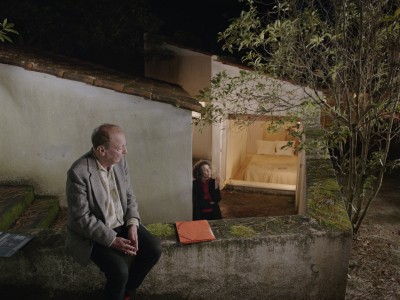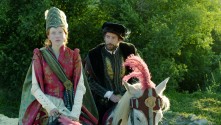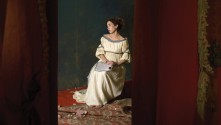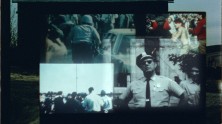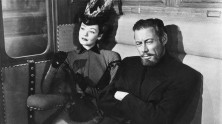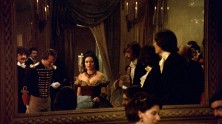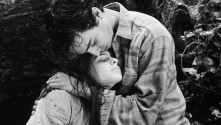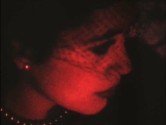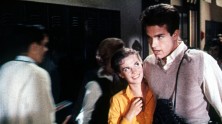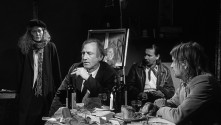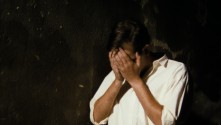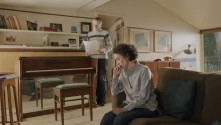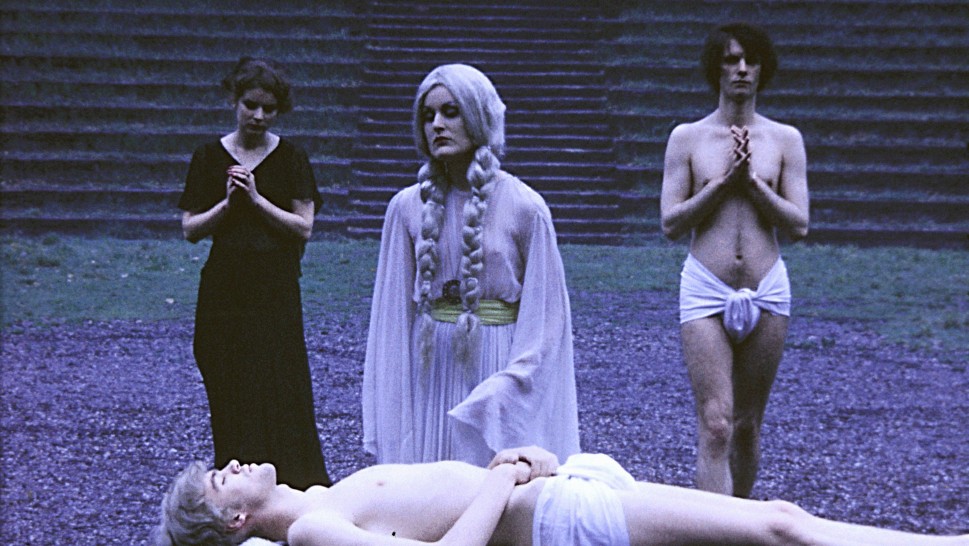
Eika Katappa
Screening on Film
With Gisela Trowe, Magdalena Montezuma, Carla Aulaulau.
West Germany, 1969, 35mm, color, 143 min.
German, Italian and Spanish with no subtitles.
Print source: EYE Filmmuseum
At the end of '79, Werner Schroeter said: "I made my first films from the depths of ideological and artistic confusion. It was around 1968. We were full of hope and thought that a new aesthetic—perhaps even a new society—would very soon come to light. It seemed to us that anything was possible. We tried things that nobody had dared to do years before." Many must have thought the same across Europe. What's different in this case is that Schroeter is the one who followed the true intention of his words.
I first saw Eika Katappa in the early 1970s, projected on a white sheet in a partially darkened hall. There was no translation or subtitling of any kind. I couldn't understand anything at all. It didn't matter! I was fascinated. The movie was for me a total revelation, in a country gagged by the dictatorship and by censorship that isolated us from the rest of the world. Sitting next to me was “by chance” Luís Noronha da Costa, the painter I admired so much but did not know. Chance brought us together there and then led me to his films. The joy of this amazing encounter was decisive for me, I discovered "In the end, cinema is made for this as well!" – RA
This 35mm print courtesy Eye Filmmuseum is unsubtitled, per the artist’s wishes. Enjoying the film does not require understanding the dialogue.
----------------------------------------
Em fins de 79, Werner Schroeter dizia: “Fiz os meus primeiros filmes em plena confusão ideológica e artística. Foi à roda de 1968. Estávamos cheios de esperança e pensávamos que uma nova estética— talvez até uma nova sociedade— ia muito em breve surgir à luz do dia. Parecia-nos que tudo era possível. Tentámos coisas que ninguém tinha ousado fazer anos antes.” Muitos terão pensado o mesmo por essa Europa fora. O que difere, neste caso, é Schroeter ter ido ao fundo na sequência das suas palavras.
Vi o Eika Katappa pela primeira vez nos inícios de 70, projectado num lençol branco, num salão parcialmente escurecido. Não havia qualquer espécie de tradução ou legendagem. Fiquei sem perceber nada de nada... pouco importava! Estava fascinada. O filme foi para mim uma total revelação, num país amordaçado pela ditadura e pela censura que nos isolava do resto do mundo. Sentado a meu lado, estava “por acaso” Luís Noronha da Costa, o pintor que eu tanto admirava, mas que não conhecia. O acaso ali nos uniu e me levou depois para os seus filmes. A alegria deste espantoso encontro foi determinante para mim, descobri que “Afinal, o cinema também serve para isto!” – RA
